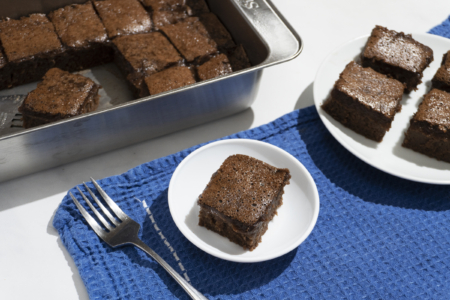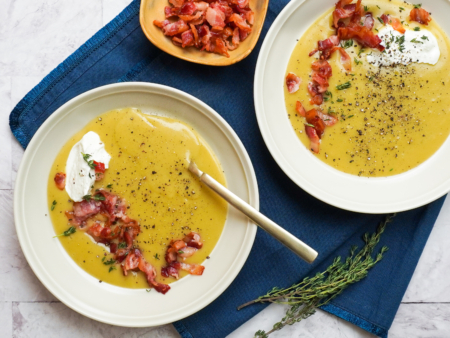Coconuts are one of the most well-known, yet unique fruits available. Not only do they stand out in a crowd, but there are also many different types of coconut products from coconut milk to coconut cream to coconut sugar to shredded coconut. Their versatility makes them easy to combine in both sweet and savory recipes.
History of Coconuts
Coconuts are most likely to have originated from the islands of Southeast Asia. Malaysia, the Philippines, Indonesia are some of the many countries that enjoy the delicacy that this fruit brings. It is purported that coconut palms were brought to the Americas by early sailors.
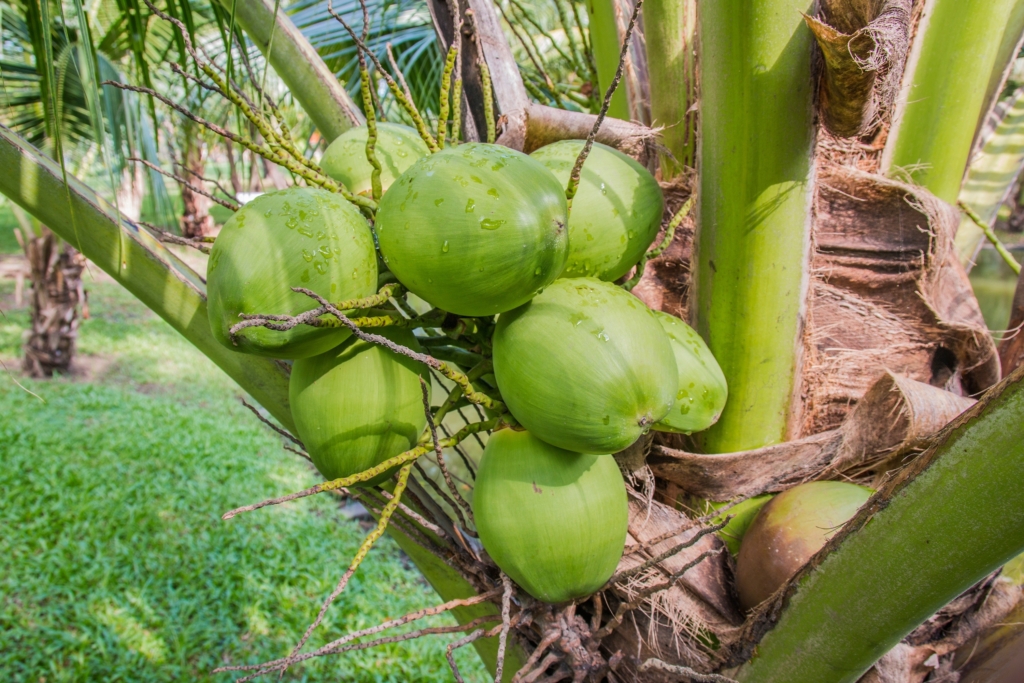
Coconut holds a significant part in Indian history with specific regards to the Hindu religion. Hindus believe it to be an auspicious fruit, and therefore it is used on many occasions.
Appearance Of Coconut
Immature coconut appears bright green in color, whereas mature coconut appears brown. You can also observe dry, brown threads surrounding the mature coconut. Inside the coconut, you can find a small reserve of coconut water and white pulpy flesh, both of which are edible. The white flesh is stiff in nature and can be leveraged into a variety of applications.
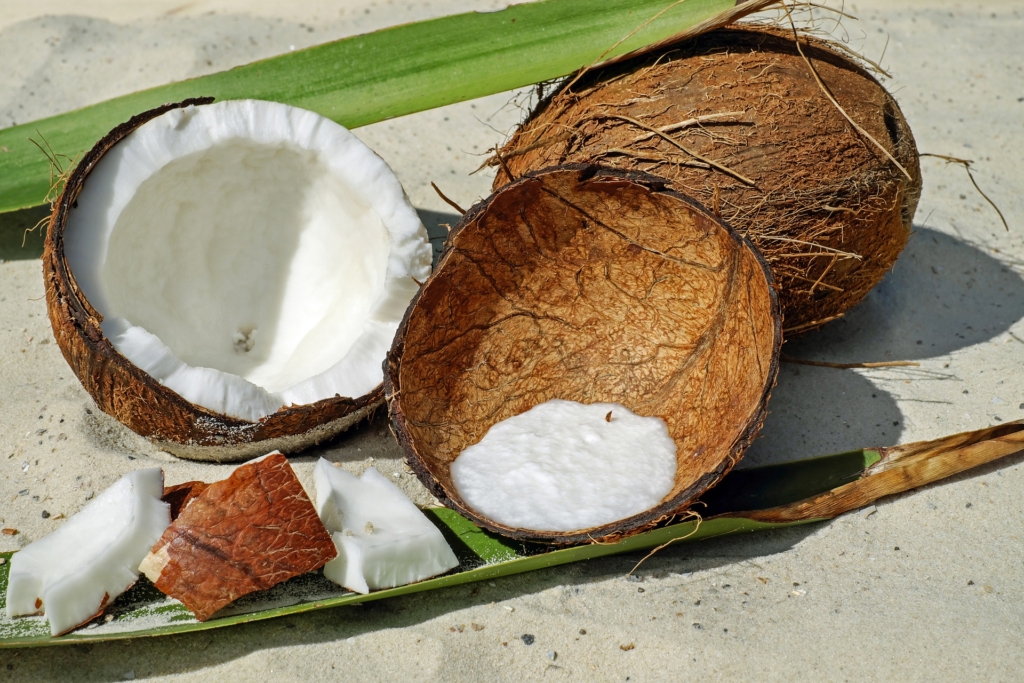
Flavor Of Coconut
Coconuts have a rich and unique taste. They can be slightly sweet and nutty at the same time. The texture of white flesh is chewy and almost dry. It can have a taste of woodiness to it. However, most coconut tastes pretty neutral with a tropical edge. No matter what type of coconut you use, it will add a refreshing layer of flavor to any dish.
Culinary Benefits of Coconut
There are so many ways to incorporate coconut into your recipes. Try the delicious Rhubarb and Coconut Cream Parfait. Not only is it refreshing, but it is also creamy in texture. Oats and Coconut? Why not! Try our recipe for Coconut Turmeric Oats. The slow-cooked oats are creamy and the recipe has the perfect amount of warmth in it.
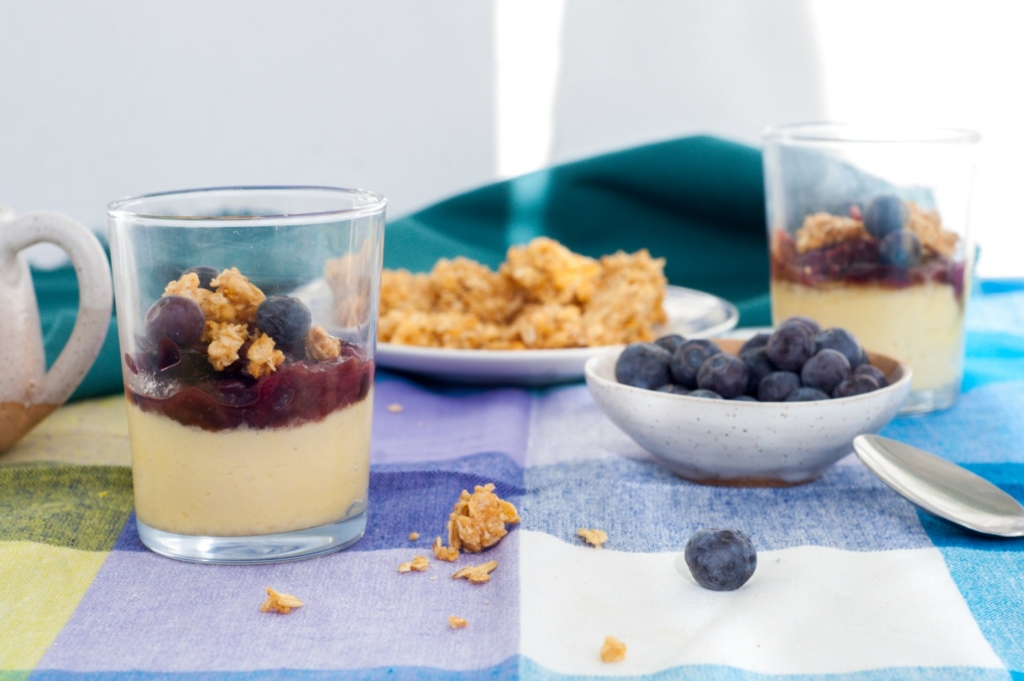
Love cookie bars? Try Cocoa Nib and Coconut Cookie Bars. These flavorful bars with a layer of toasted coconut, is sure to be a hit at your next potluck or party.
Coconut and savory food? Try our recipe for Spicy Coconut Pork, which uses rich coconut milk and Thai curry paste. The delicious recipe will become the favorite on your menu.
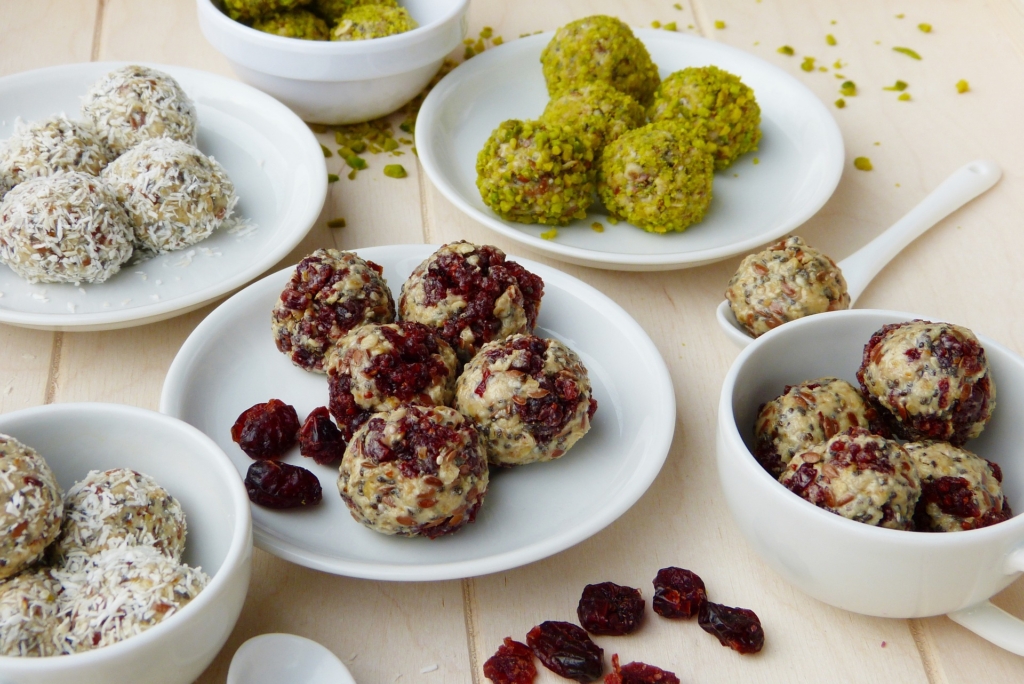
You can also try Coconut Curry Salmon. The slow-cooked salmon is the perfect weeknight meal. Looking for an easy weeknight curry? Try Thai Coconut Chicken Curry. You will not only have the delicious taste of chicken curry but the amazing flavor of coconut and fresh lime.
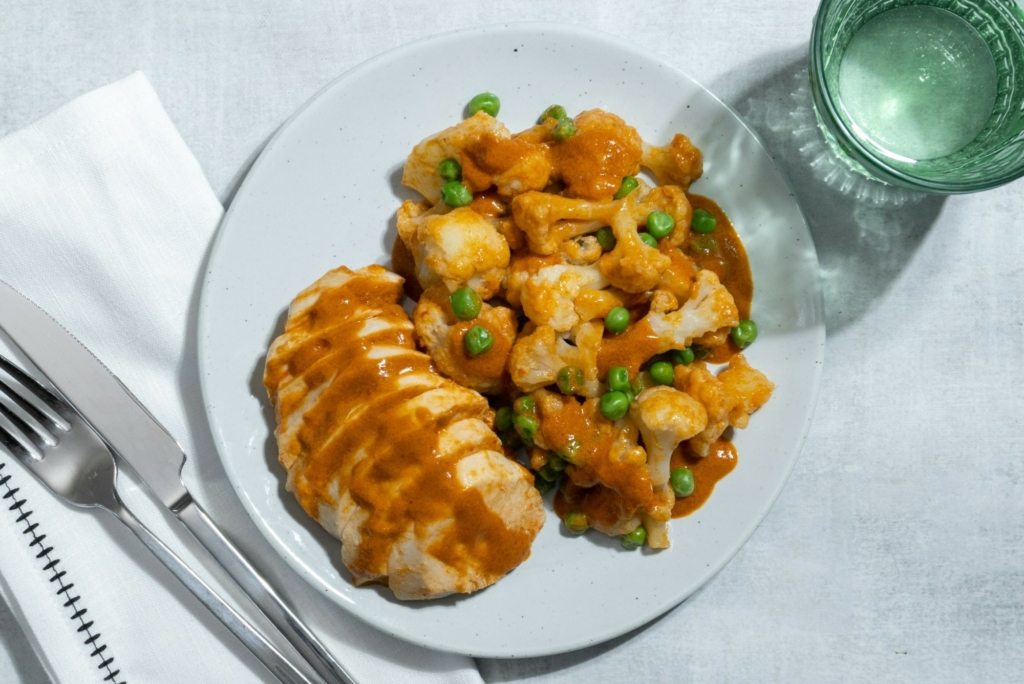
Best Storage Practices for Coconut
Fresh coconuts should be stored in the refrigerator. If your coconut has been cut or shredded, it is best to put it in an air-tight container or zip lock bag and store it in the refrigerator. Canned coconut milk, dried coconut flakes, and unopened coconut water can be stored in the pantry.

